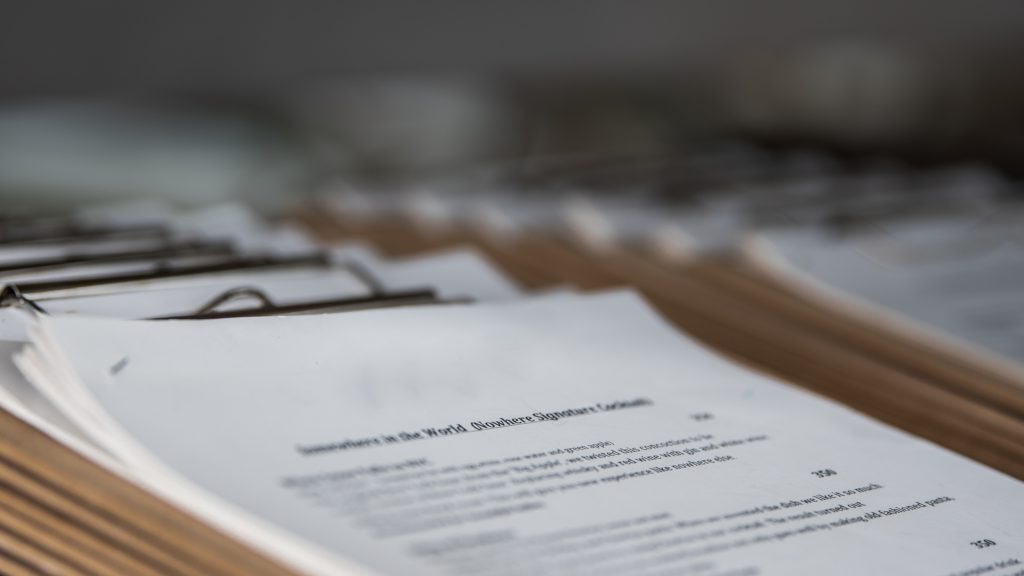Home Inspiration
6 Legal Documents Landlords Are Required To Provide Before Renting a Property
Landlords are required to provide these legal documents before renting out a property.
For many landlords, managing a rental property is just another source of income rather than a full-time job, and because keeping track of legal documents can be a time-consuming process, it’s natural to want to find a ‘faster’ way around things. Just so you know, the following is a list of legal documents that landlords are required to provide before even considering handing over the keys to tenants.

Electrical Installation Condition Report (EICR)
Landlords must test electrical components in their properties every 5 years, according to a new electrical testing requirement that took effect in July 2020. The EICR report will make the rental property electrically safe for tenants. Failure to do so can result in a fine of up to £30,000.
Energy Performance Certificate (EPC)
All landlords are required to provide tenants with an EPC, which is a certificate that verifies the energy efficiency of your property and is valid for ten years. Only properties with a minimum energy efficiency standard (MEES) rating of ‘E’ can be rented. Failure to meet the MEES rating can result in fines of up to £5,000 and may jeopardize future evictions.
Gas Safety Certificate
The Gas Safety (Installation and Use) Regulations 1998 require that gas safety checks be performed on a yearly basis. The goal of this check is to protect tenants from gas-related risks while also ensuring that only licensed individuals carry out installations. Landlords must provide this certificate to tenants prior to their move in. Failure to comply can result in a fine or imprisonment.
Right to Rent Check
The right to rent scheme must include ensuring that potential tenants have the legal right to live and rent in the United Kingdom. Failure to conduct these checks can result in fines of up to £3,000 per tenant. See more information here.

Tenancy Agreement
All landlords must provide their tenants with a tenancy agreement, which details the agreed-upon contract between the two parties. Because this is a legally binding contract, the landlord must keep the tenancy agreement up to date to ensure that it is legally compliant.
Tenancy Deposit Protection
Under assured shorthold tenancies that started after 6 April 2007, deposits paid by tenants must be placed in a government-approved tenancy deposit scheme to prevent the deposit from becoming misspent by the landlord. This also serves as an incentive for the tenant to leave the property in a satisfactory condition in order to receive their full deposit back when the tenancy ends.
Sign up on Clooper here
This blog post is not intended to constitute legal or financial advice.

